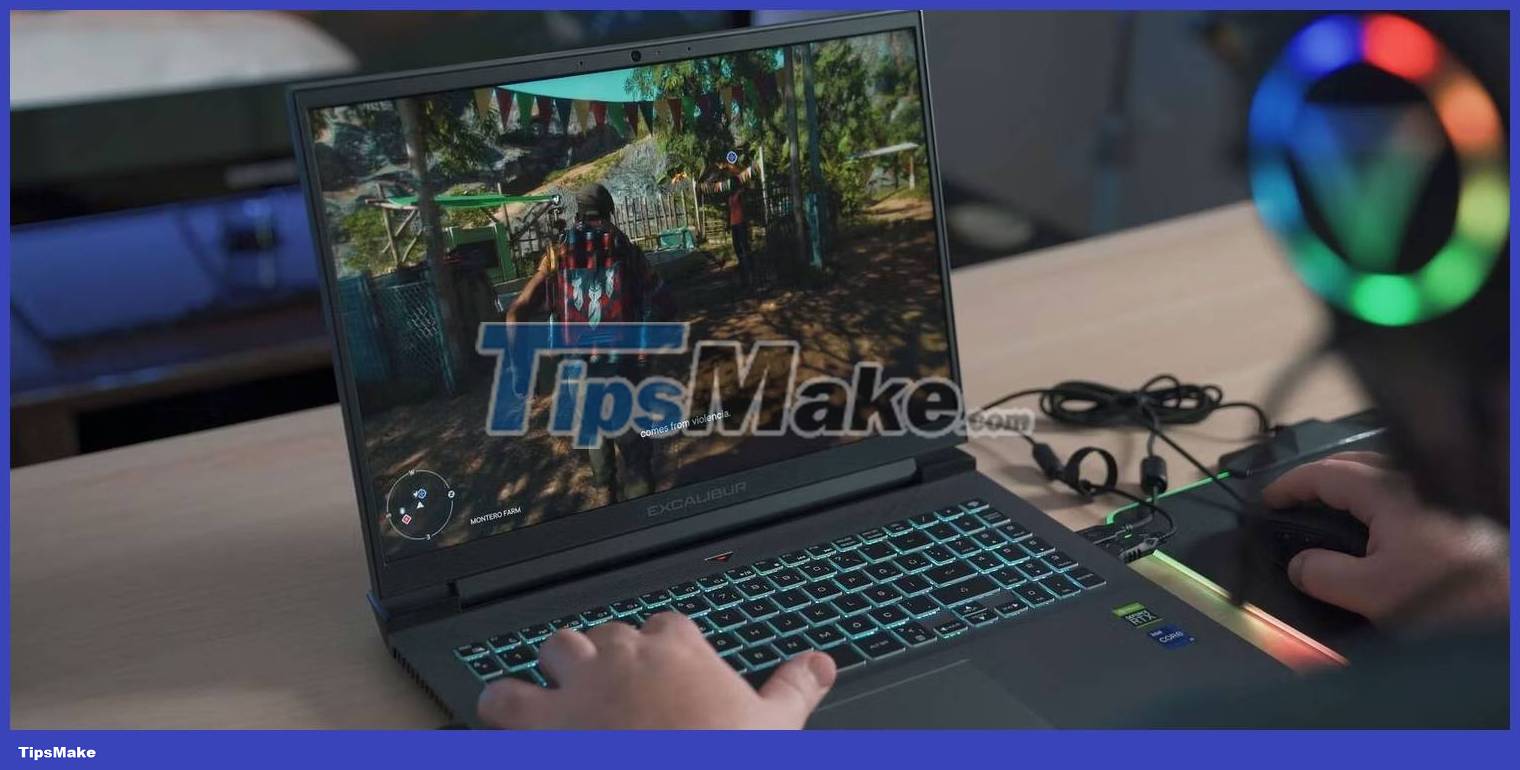8 things to know before switching from Windows to Ubuntu
Switching from Windows to Ubuntu can be difficult at first, especially if you've never used a Linux-based system before. However, you won't face any challenges or surprises if you've prepared well for the transition.
Preparing for the transition is easy, and just knowing a few things may work a little differently on a new platform. Here are 8 things you need to keep in mind before switching from Windows to Ubuntu.
1. You can run Ubuntu directly from a portable flash drive
One of the most prominent features of Ubuntu is the ability to leave it in a bootable USB and run on any computer you come across. This capability gives you the opportunity to experiment before performing a full installation.
You can test all the features of Ubuntu in this state, and if it doesn't impress you, just skip it and keep working with Windows. As a result, you will end up saving a lot of time that you would otherwise have wasted installing the entire operating system only to change your mind later.
This feature also comes in handy if you want to borrow a friend's computer without having to access their files and programs. That means you can go anywhere with a flash drive and still have access to Ubuntu even if you're assigned a Windows computer.
2. You can seamlessly install Ubuntu alongside Windows
If you still want to continue using Windows on your computer, you can install Ubuntu alongside it as a dual-boot system. A dual-boot system is a computer running two operating systems - in this case, Windows and Ubuntu.
Setup is easy as long as you remember to choose to install the new operating system alongside Windows during the Ubuntu installation. Once your installation is complete, you can always choose to launch Windows or Ubuntu and perform your tasks on either operating system.
3. Using Terminal (Pretty easy)

When switching from Windows to Ubuntu, one of the biggest changes you have to get used to is performing some tasks using terminal commands. If you have used Windows Command Prompt before, the transition should be smooth.
However, it may seem intimidating if you have never used terminal commands before but they are very easy to understand. You will need Ubuntu terminal to perform basic tasks like installing apps, performing system updates and uninstalling apps, among many more complex tasks.
A quick Google search will always give you what you need to do in the early stages. The Ubuntu online community is always helpful in addition to many dedicated troubleshooting pages. Once you get used to working on the Ubuntu system, everything becomes easy.
4. Ubuntu will run smoothly on old PCs
Most older PCs will have trouble running the latest version of Windows. With Ubuntu, your PC won't have much trouble as it requires significantly lower resources from your system. You can even run Ubuntu on a Chromebook.
If you're working with an older PC, you can find Linux distributions that are even lighter than Ubuntu with similar experience and functionality. Besides making old PCs usable, using these Linux distributions offers many other benefits.
5. You are not required to install OS updates
Unlike Windows, Ubuntu won't force you to update your system - you'll get a prompt that pops up if you want to make the update later if you want. You will always have the option to start the upgrade when you want or manually through the terminal.
When you decide to run an update, you can continue to use your PC without having to restart it. You will only be prompted to reboot your system once the update installation is complete, but you can skip this step and do it later without disrupting your workflow.
On Windows, you may have to pause your work for more than an hour in case the system forces you to restart to update. The bigger the update, the longer you'll have to wait.
6. You may miss playing your favorite games

Most mainstream PC game developers don't produce games optimized for Linux-based systems like Ubuntu. This is one of the reasons why installing Ubuntu alongside Windows can be a good idea if you are a gamer.
If you don't want to run both operating systems at the same time, there is an alternative that you can use to play Windows games on Ubuntu. This involves installing at least one of the following apps: Steam, Proton, Wine, Lutris, or Bottles. Alternatively, you can try out some of the Linux games available online.
7. Can run Windows programs on Ubuntu
Just like Windows games, you can still run most Windows programs like Microsoft Office if needed. You will need an application called WinApps to run Windows programs on Ubuntu.
Besides WinApps, you can also check out Wine, Bottles, and Vineyard among many others. The ability to access some of your favorite Windows programs on Ubuntu will make the transition to Linux from Windows easier.
8. Ubuntu is more secure than Windows

On Windows, you must install anti-virus software to keep your system safe. Widely used means that malicious players have an incentive to create malware and attack Windows systems.
Windows also has more security holes. On Ubuntu, you must enter the admin password every time you install an application or make changes to the system.
The password requirement means that the payload sent to attack your system will not be installed unless you explicitly allow it. However, this does not mean that your Ubuntu PC is invincible. You should always keep an eye on potentially malicious files and avoid untrusted websites.